Hindenburg founder Nate Anderson says Tucker Carlson’s Trevor Milton interview is “bizarre and fantastical,” after the full discussion was uploaded on the conservative host’s platform on X. Carlson and Milton dived into how Hindenburg was instrumental in the Justice Department’s investigation on Nikola—the company that Milton founded—and characterized Anderson’s actions as self-serving to be working with the prosecutors because he has a short position on the firm.
Anderson answers with a ledger of facts: the DOJ/Nikola probe began September 2020 under the Trump administration, Nikola admitted to multiple false statements, agreed to pay $125 million, Milton was convicted of securities fraud in 2022, sentenced to four years, then pardoned in March 2025 by President Donald Trump—months after he donated $900,000 to Trump in October 2024.
I am Nate Anderson, the founder of Hindenburg Research referenced repeatedly in this bizarre and fantastical interview. During my career, I helped expose numerous financial scams, including over a dozen Ponzi schemes and numerous instances of public companies lying to and…
— Nate Anderson (@NateHindenburg) July 24, 2025
The money and legal trail is hostile to Milton’s narrative. Nikola filed for Chapter 11 in February 2025, after warning it lacked sufficient cash to operate beyond Q1 when it had about $198 million left. The company itself conceded inaccuracies, paid the SEC fine, and later won an arbitration holding Milton personally liable. Anderson adds that Hindenburg’s body of work helped lead to civil and criminal charges against nearly 100 individuals over the years—hardly the profile of a firm “coordinating” with prosecutors to profit from a single trade.
Carlson framed short selling as quasi-illegal until 2007 and suggested it should be criminalized. Anderson calls that “completely false,” pointing out the obvious contradiction: criminalizing research that challenges public company narratives while claiming to champion free speech.
“Short sellers play a critical role,” he wrote, likening them to investigative journalists who surface fraud so good companies can thrive.
Milton’s factual record doesn’t get kinder on replay. The DOJ said he “made false claims regarding nearly all aspects of Nikola’s business,” including the infamous rolling-the-truck-down-a-hill video, the brother with no scientific background running hydrogen, and the fantastical claim that Nikola produced hydrogen at ~81% lower cost than anyone on earth.
Glaring of it all is promoting the Badger pickup that was effectively a rebadged Ford F-150 and the GM deal where Nikola brought “concept designs, a brand name and up to $700 million in fees” while relying on GM’s tech. Add to that sexual assault allegations, including one from a cousin, that Milton left out of his latest retelling.
Carlson also echoed Milton’s claim that Hindenburg “ran away” when it shut down. Anderson’s writeup during the closure of his research group says otherwise: the firm completed its investigative pipeline, submitted fresh Ponzi cases to regulators, and is now open-sourcing its process to seed the next generation of skeptics.
He also rejects Milton’s assertion that Hindenburg made “$30–$100 million” on Nikola: “not even close,” he says.
If Carlson’s thesis is that a single short seller can “call the cops, torch a company, and cash an insurance check,” Anderson’s counterthesis is simpler: fraud prosecutions, regulatory fines, bankruptcy filings, and company admissions of false statements are not the byproducts of one man’s short book.
Information for this story was found via the sources and companies mentioned. The author has no securities or affiliations related to the organizations discussed. Not a recommendation to buy or sell. Always do additional research and consult a professional before purchasing a security. The author holds no licenses.

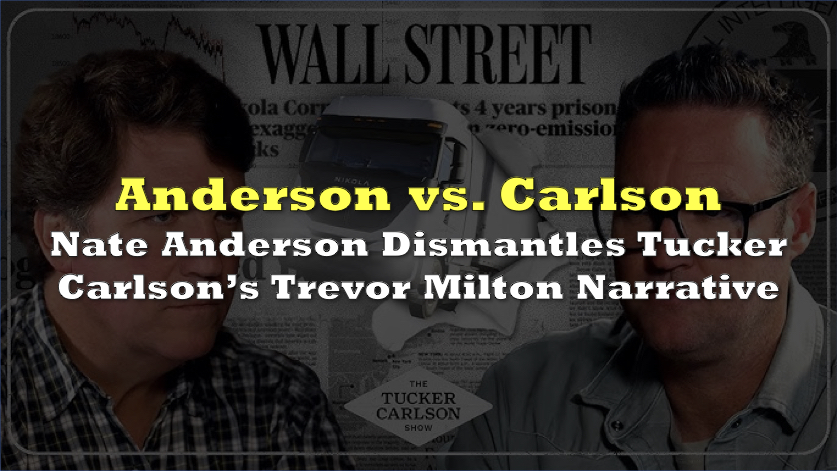



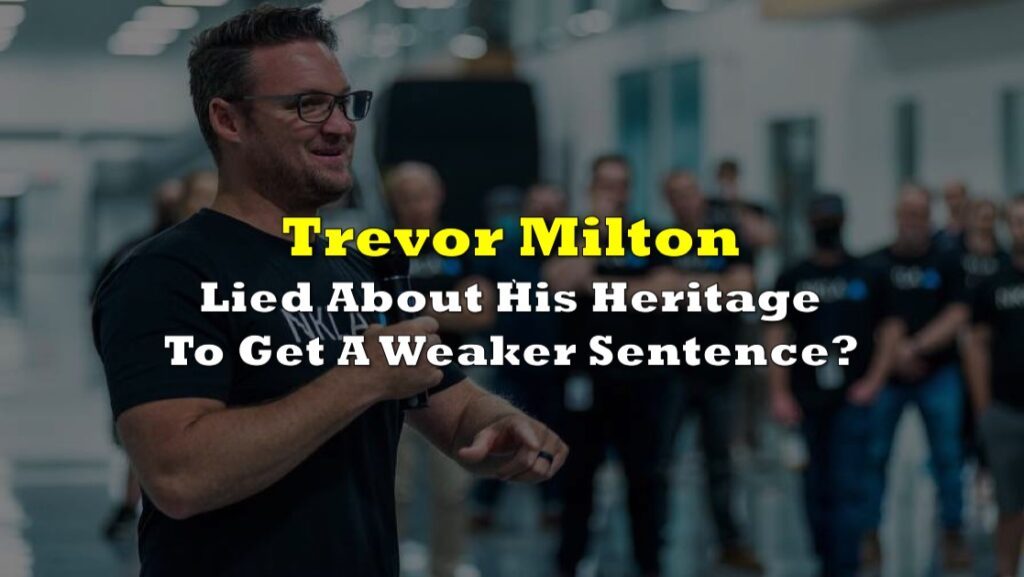
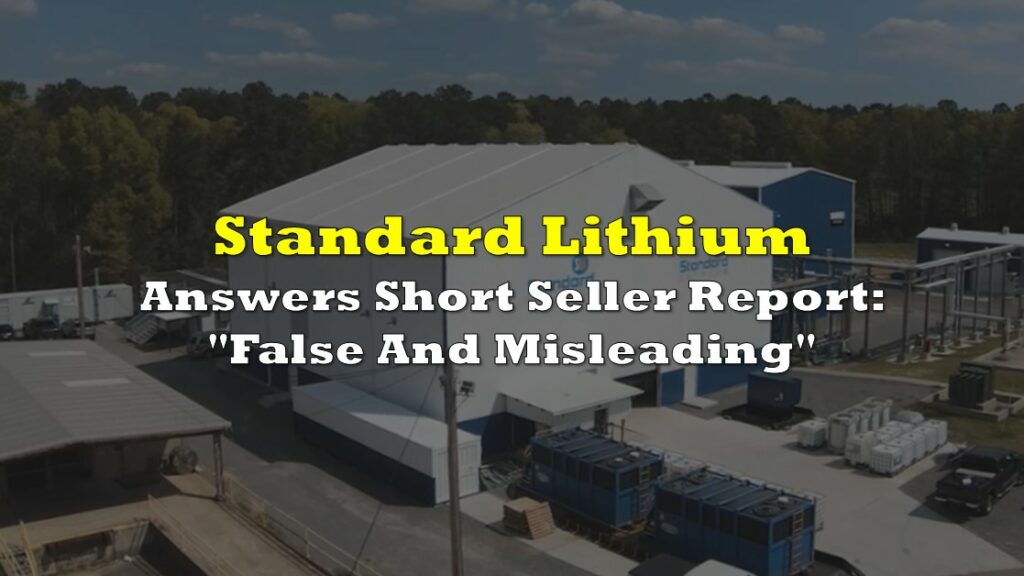
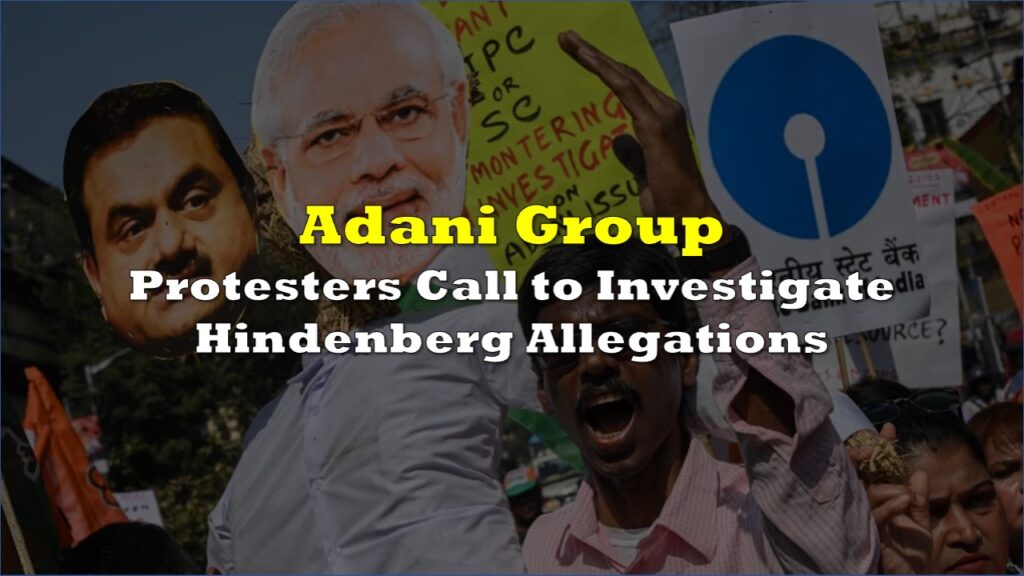

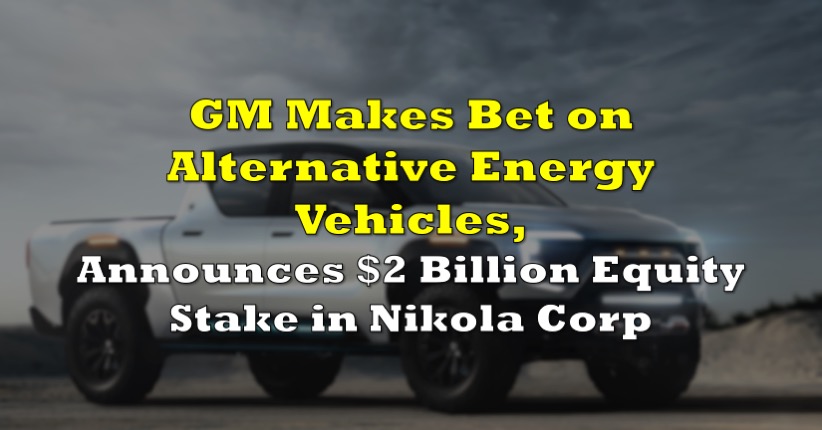
3 Responses
Nate does NOTHING to refute that Nikola’s claims were completely false and misrepresented at the hands of Nate and firm which allowed Nate to cash in handsomely. Nate resorts to character attacks and refuting comments made in the interview that do not address Milton’s concerns and the case. Speaking of which Nate, why did you shutter Hindenberg? Seems like you are under investigation for a few other highly questionable business practices. Care to comment on those?
You pieces of trash should be in jail. Eat shit and die.
So the short answer is: Yes Anderson was shorting the company while actively involved in its investigation. POS.